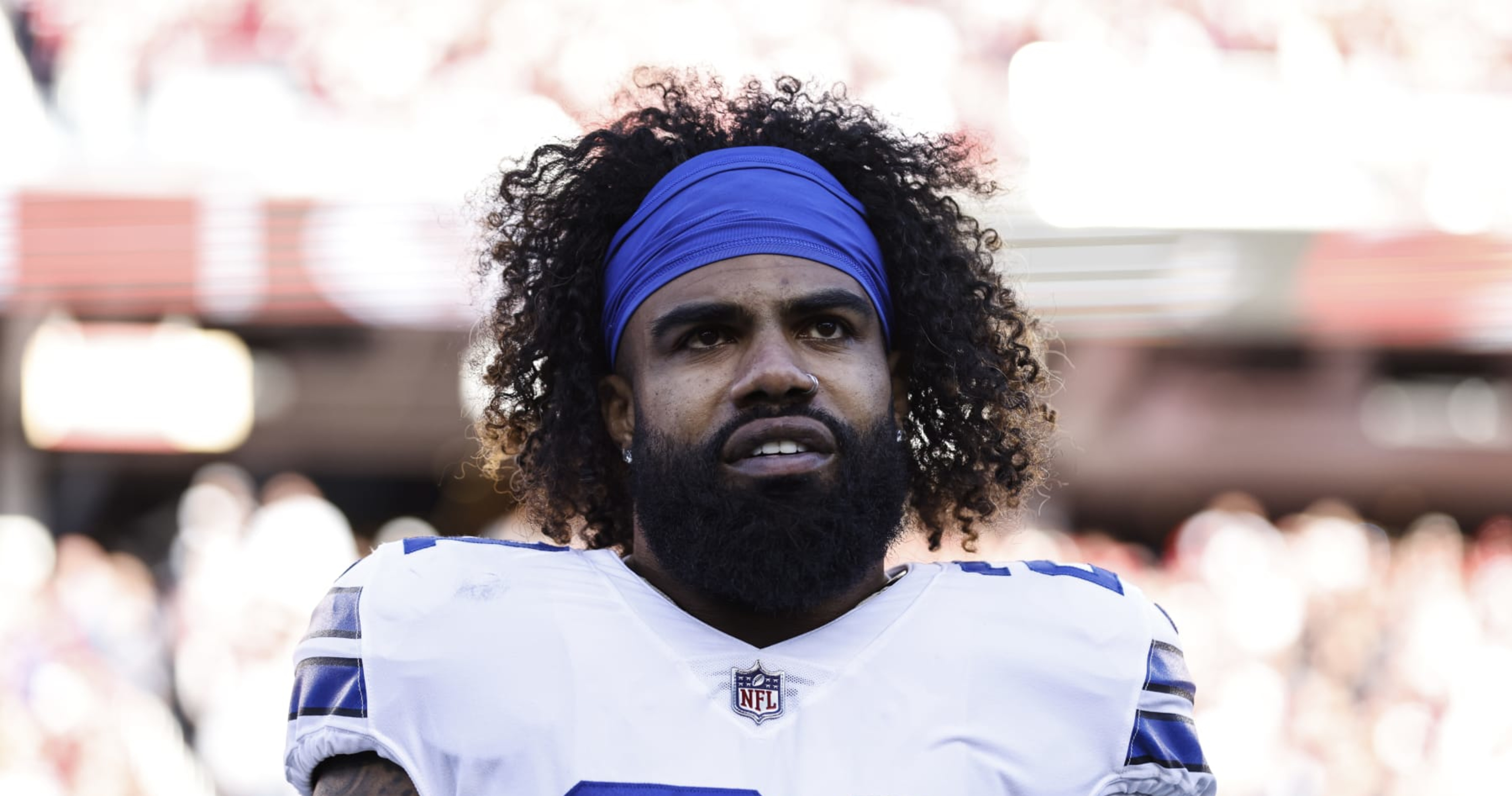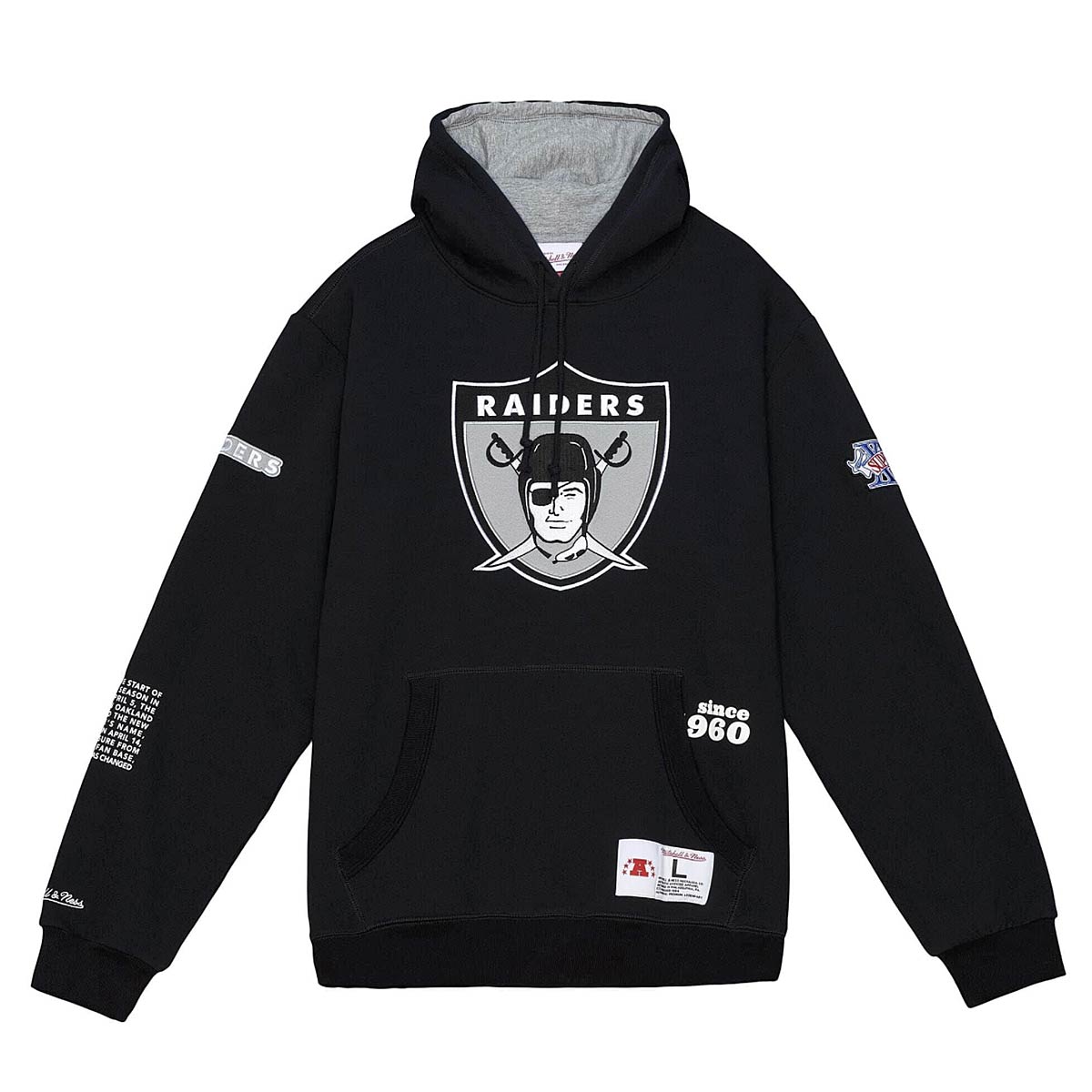NFL Roast: Unpacking The Hilarious And Brutal World Of Football Trash Talk
In the world of sports, few things are as entertaining as the NFL roast. Whether it’s players, coaches, or even fans, the art of trash talk has become an integral part of the National Football League (NFL) culture. From legendary one-liners to playful jabs, the NFL roast is a phenomenon that captures the spirit of competition and camaraderie. But what exactly is an NFL roast, and why does it matter? In this article, we’ll explore the history, impact, and most memorable moments of NFL trash talk, while also analyzing its role in shaping the league’s identity.
Trash talk in the NFL isn’t just about hurling insults—it’s a strategic tool used to gain a psychological edge over opponents. It’s a way for players to showcase their confidence, wit, and personality. Over the years, some of the biggest names in football have delivered unforgettable roasts that have become part of NFL lore. But as entertaining as these moments are, they also raise questions about sportsmanship and the fine line between playful banter and disrespect.
In this comprehensive guide, we’ll dive deep into the world of NFL roasts. We’ll cover everything from iconic trash talk moments to the psychology behind why players engage in this behavior. By the end of this article, you’ll have a better understanding of why the NFL roast is more than just entertainment—it’s a reflection of the game’s intensity and passion.
Table of Contents
What is an NFL Roast?
An NFL roast refers to the act of players, coaches, or even fans engaging in trash talk to belittle or mock their opponents. This can range from clever one-liners to outright insults, often delivered with humor or sarcasm. The term "roast" in this context is borrowed from the tradition of comedic roasts, where friends and colleagues poke fun at each other in a lighthearted manner. However, in the NFL, a roast can sometimes take on a more serious tone, especially when tensions run high during crucial games.
Trash talk in the NFL serves multiple purposes. First, it’s a way for players to assert dominance and intimidate their opponents. Second, it adds an element of entertainment for fans, who love to see their favorite players display confidence and charisma. Finally, it reflects the competitive nature of the sport, where every advantage—whether physical, mental, or psychological—counts.
Key Characteristics of an NFL Roast
- Humor: Many NFL roasts are delivered with a touch of wit, making them entertaining for fans and media alike.
- Confidence: Players often use trash talk to showcase their self-assurance and belief in their abilities.
- Strategy: Trash talk can be a psychological tactic to unsettle opponents and gain a mental edge.
The History of Trash Talk in the NFL
The tradition of trash talk in the NFL dates back to the early days of the league. While it may not have been as prevalent or publicized as it is today, players have always used verbal jabs to gain an advantage over their rivals. One of the earliest examples of trash talk in the NFL can be traced back to the 1960s and 1970s, when legendary players like Joe Namath and Muhammad Ali (who briefly played football) popularized the art of verbal sparring.
Over the decades, trash talk evolved from being a behind-the-scenes phenomenon to a mainstream spectacle. The rise of sports media and social platforms has amplified the reach of NFL roasts, making them a regular topic of discussion among fans and analysts. Today, trash talk is as much a part of the NFL experience as touchdowns and tackles.
Evolution of NFL Trash Talk
- 1960s-1970s: Trash talk was limited to locker rooms and on-field interactions.
- 1980s-1990s: The rise of sports talk shows brought trash talk into the public eye.
- 2000s-Present: Social media platforms like Twitter have made trash talk more accessible and widespread.
Iconic NFL Roast Moments
Some NFL roasts have become legendary, etching themselves into the annals of football history. These moments are often remembered not just for their humor but also for the context in which they occurred. Below are some of the most iconic NFL roast moments that have left fans laughing and opponents fuming.
1. Richard Sherman’s "Sorry Receiver" Rant
After a game-winning play in the 2013 NFC Championship, Seattle Seahawks cornerback Richard Sherman famously called himself the "best corner in the game" and labeled San Francisco 49ers wide receiver Michael Crabtree as a "sorry receiver." While some criticized Sherman for his brashness, others praised him for his confidence and honesty.
2. Terrell Owens’ Sharpie Incident
In a 2002 game against the Seattle Seahawks, Terrell Owens celebrated a touchdown by pulling a Sharpie out of his sock and signing the football. This playful yet provocative act was seen as a direct jab at the Seahawks and became one of the most memorable NFL roasts of all time.
3. Marshawn Lynch’s Media Roast
Known for his reluctance to engage with the media, Marshawn Lynch once quipped, "I’m just here so I won’t get fined," during a press conference. His humorous defiance became a viral sensation and a classic example of an NFL roast directed at the media.
The Psychology Behind Trash Talk
Trash talk is more than just words—it’s a psychological tool used to gain an edge over opponents. In the high-stakes world of the NFL, where every play can make or break a game, the mental aspect of competition is just as important as the physical. Understanding the psychology behind NFL roasts can shed light on why players engage in this behavior and how it impacts their performance.
Why Players Use Trash Talk
- Confidence Boost: Trash talk allows players to assert their dominance and build self-confidence.
- Distraction: By targeting an opponent’s weaknesses, players can create doubt and hesitation.
- Entertainment: Fans love seeing their favorite players display personality and charisma.
Impact of NFL Roasts on Players
While NFL roasts can be entertaining for fans, they can also have a significant impact on the players involved. For some, trash talk serves as motivation to perform better on the field. For others, it can lead to distractions and even altercations. Understanding the dual nature of NFL roasts is crucial to appreciating their role in the sport.
Positive Effects
- Motivation: Players often use trash talk as fuel to prove their doubters wrong.
- Team Bonding: Shared moments of trash talk can strengthen team camaraderie.
Negative Effects
- Distractions: Excessive trash talk can take focus away from the game.
- Conflict: Verbal jabs can escalate into physical altercations, leading to penalties.
NFL Roast vs. Sportsmanship
The line between playful banter and disrespectful behavior can sometimes blur in the world of NFL roasts. While trash talk is an accepted part of the game, it’s important to distinguish between good-natured humor and outright disrespect. Sportsmanship is a core value of the NFL, and maintaining a balance between competitiveness and respect is essential.
Examples of Good Sportsmanship
- Post-Game Handshakes: Players often show respect for their opponents after a hard-fought game.
- Charitable Acts: Many NFL players use their platform to give back to the community, showcasing their character beyond the field.
The Role of Media in Amplifying NFL Roasts
The media plays a crucial role in shaping the narrative around NFL roasts. From post-game interviews to social media coverage, the way trash talk is presented can influence public perception and fan engagement. In recent years, platforms like Twitter and Instagram have given players a direct line of communication with fans, allowing them to deliver roasts in real-time.
How Social Media Has Changed the Game
- Instant Reactions: Players can respond to trash talk immediately, keeping fans engaged.
- Viral Moments: Memorable roasts often go viral, amplifying their impact.
NFL Roast and Fan Culture
Fans are an integral part of the NFL roast phenomenon. Whether it’s through memes, hashtags, or fan forums, supporters often participate in the culture of trash talk. This interaction not only enhances the fan experience but also creates a sense of community among supporters of different teams.
How Fans Contribute to NFL Roasts
- Social Media Campaigns: Fans often rally behind their favorite players by amplifying their trash talk.
- Game-Day Atmosphere: Chants and taunts from the stands add to the intensity of NFL roasts.
Data and Statistics on NFL Trash Talk
While NFL roasts are often subjective, there are some interesting statistics that highlight their prevalence and impact. According to a 2022 survey conducted by a sports analytics firm, 78% of NFL players admitted to engaging in trash talk at least once during their careers. Additionally, games featuring high-profile trash talk incidents tend to attract higher viewership ratings.
Key Statistics
- 78%: Percentage of NFL players who engage in trash talk.
- 25%: Increase in viewership for games with notable trash talk moments.
Conclusion
The NFL roast is more than just a collection of insults—it’s a cultural phenomenon that reflects the passion, intensity, and humor of the sport. From iconic moments to psychological strategies, trash talk has become an inseparable part of the NFL experience. While it can sometimes blur the line between entertainment and disrespect, its role in shaping the league’s identity cannot be denied.
We hope this article has provided you with valuable insights into the world of NFL roasts. If you enjoyed reading, feel free to leave a comment or share this article with fellow football fans. For more engaging content on the NFL and beyond, be sure to explore our other articles!


Detail Author:
- Name : Prof. Devonte Rowe PhD
- Username : walker.houston
- Email : cordie79@yahoo.com
- Birthdate : 1987-04-21
- Address : 6876 Beatty Center Apt. 951 Lake Sophie, RI 93446
- Phone : +1 (364) 983-4709
- Company : Fadel, McClure and Stanton
- Job : Computer Programmer
- Bio : Aut id non qui quia. Voluptas tempora est assumenda nihil quis veritatis. Est consequatur nobis fugiat unde amet.
Socials
tiktok:
- url : https://tiktok.com/@robert_xx
- username : robert_xx
- bio : Est et ullam ex odit veniam velit similique.
- followers : 3486
- following : 1364
linkedin:
- url : https://linkedin.com/in/robert_dev
- username : robert_dev
- bio : Magnam voluptatem expedita et cupiditate enim.
- followers : 6347
- following : 1664
twitter:
- url : https://twitter.com/gottlieb1978
- username : gottlieb1978
- bio : Hic ratione et et nam. Non fugiat aut corporis eos.
- followers : 1958
- following : 2562
facebook:
- url : https://facebook.com/gottlieb1996
- username : gottlieb1996
- bio : Odio aliquam corrupti non odit eos accusamus.
- followers : 2398
- following : 2044
instagram:
- url : https://instagram.com/robert_gottlieb
- username : robert_gottlieb
- bio : Excepturi voluptatem omnis quasi ducimus. Eaque vel occaecati quia et.
- followers : 2396
- following : 430